On Friday, a spokesperson for the UN peacekeepers said they were maintaining their positions in southern Lebanon despite warnings from the Israeli military to move away.
G7 defence ministers have expressed their concern for the safety and security of UN peacekeepers in Lebanon following a string of attacks by the Israeli military.
In a joint statement issued after their first ever meeting in the Italian city of Naples, the G7 ministers said that the "protection of peacekeepers is incumbent upon all parties to a conflict."
"We are concerned by the latest events in Lebanon and the risk of further escalation. We reiterate our call for a full cessation of hostilities consistent with the full implementation of UNSCR 1701 and a diplomatic solution to the fighting, recognizing the fundamental stabilizing role of the Lebanese Armed Forces and reaffirming the essential role of UNIFIL," the statement said.
UNIFIL is an international mission established by the United Nations Security Council in 1978 to restore peace and security in southern Lebanon, near the Israeli border.
The mission comprises 10,000 peacekeepers from 50 nationalities, including 16 EU countries, and regularly patrols the Blue Line, the UN-drawn border between Lebanon and Israel, while also engaging in efforts to de-escalate tensions between the two sides.
The EU foreign policy chief Josep Borrell suggested that UNIFIL could be more effective but said that it was for the UN Security Council to make any decisions on its future.
"The attacks against UNIFIL are completely unacceptable. They have continued for three days in a row. The United Nations forces have to be respected all over the world and in particular where they are doing an incredible job as peacekeepers. Maybe the mission of the UNIFIL has to be reviewed, but the first thing to do is a ceasefire," he said.
On Friday, UNIFIL said it was maintaining positions despite warnings from the IDF to move away.
Spokesperson for UNIFIL Andrea Tenenti said a "unanimous" decision was taken by its 50 troop-contributing countries and the Security Council for it to hold its positions as part of its aim to monitor the conflict and work to ensure that humanitarian aid reaches needy civilians.
"The IDF has repeatedly targeted our positions, endangering the safety of our troops, in addition to Hezbollah launching rockets toward Israel from near our positions, which also puts our peacekeepers in danger," Tenenti told a UN news briefing in Geneva by video.
Earlier this month, UNIFIL said an Israeli tank "directly" fired on its headquarters in the town of Naqoura, knocking down an observation tower and injuring two Indonesian peacekeepers.
Tenenti said deteriorating security in recent weeks in the fighting between Hezbollah and Israeli forces had forced UNIFIL to suspend most, but not all, of its patrols near the Blue Line.
Israel has accused UNIFIL of being ineffective in halting Hezbollah's military activities and has alleged that the armed group has military infrastructure very close to peacekeeper bases.
Global conflicts
In their joint statement, the G7 defence ministers also reaffirmed their unity amid escalating conflict in the Middle East and Russia's war in Ukraine.
The defence chiefs from seven of the West's richest states expressed common determination on Saturday to address security challenges at "a time in history marked by great instability."
"We underscore our intent to continue to provide assistance to Ukraine, including military assistance in the short and long term," the G7 ministers said.
Their joint declaration also condemned Iran’s ballistic missiles and large-scale attacks against Israel and emphasised the importance for all parties to act in accordance with international law.
Security in Africa and developments in the Asia-Pacific region were also discussed.
Italy holds the 2024 rotating chairmanship of the G7, a group that also includes the United States, Canada, Japan, the UK, Germany, and France.

 5 months ago
74
5 months ago
74
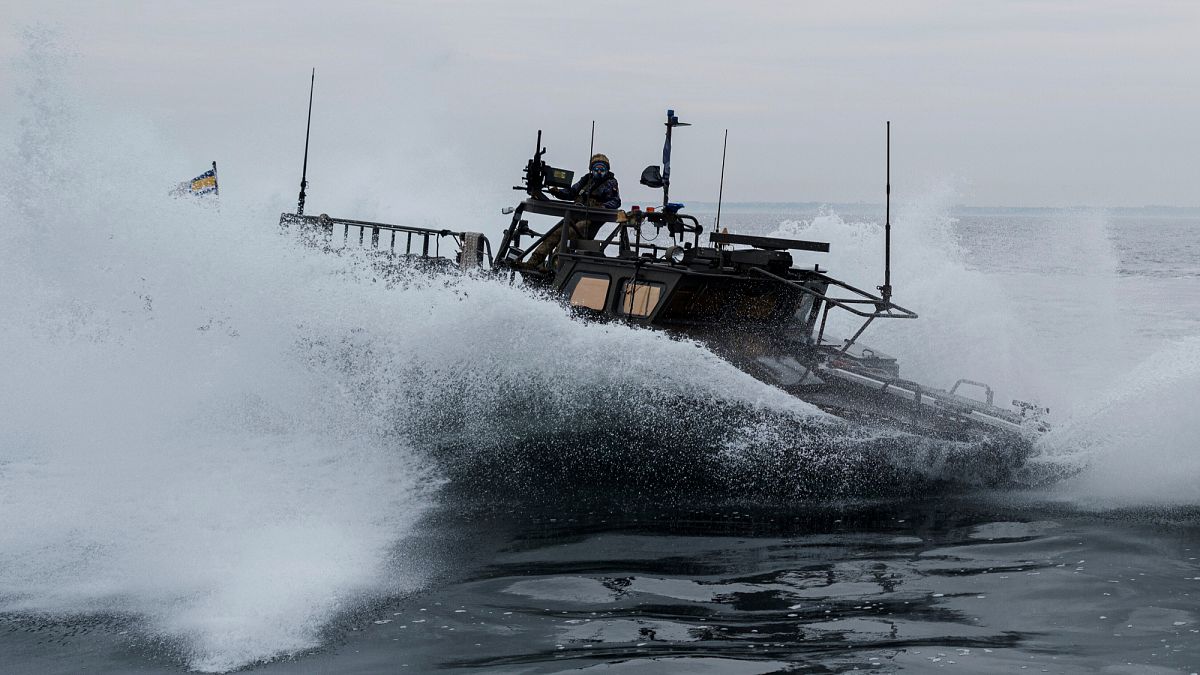
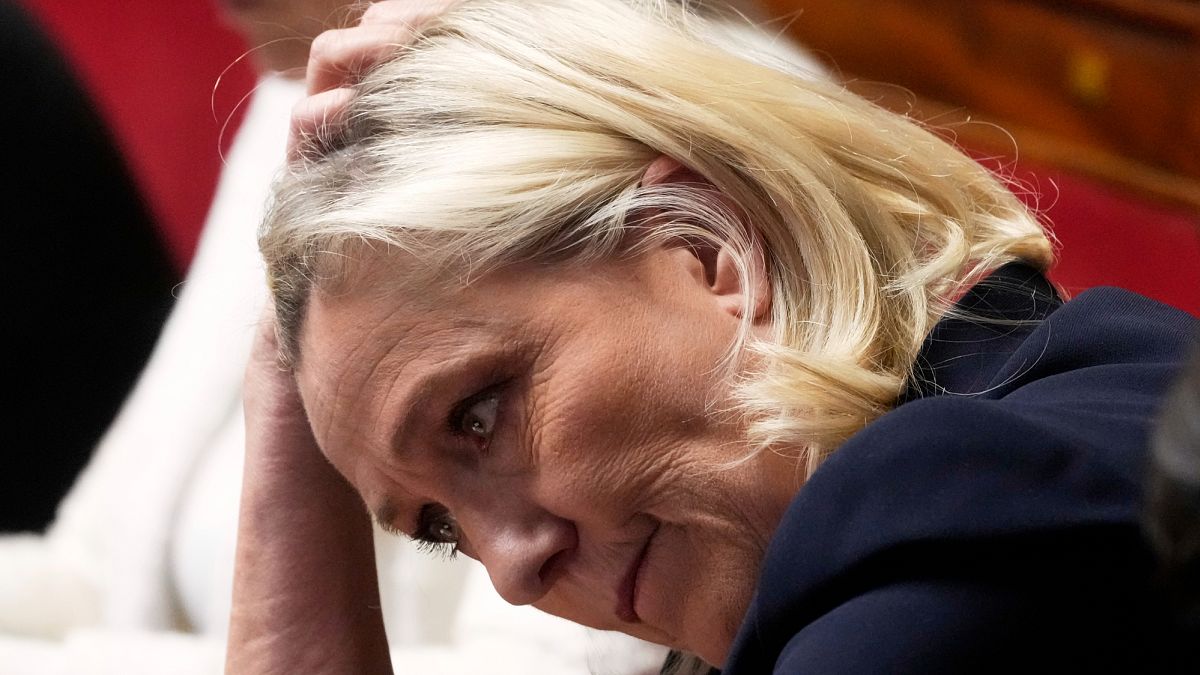
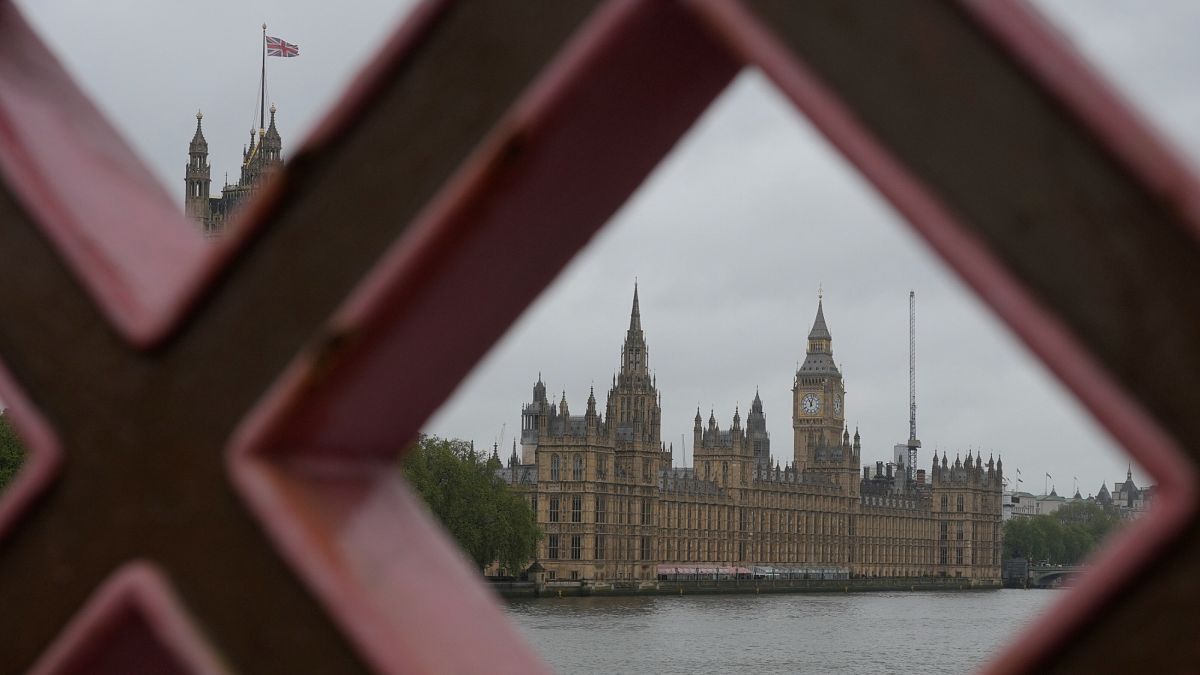
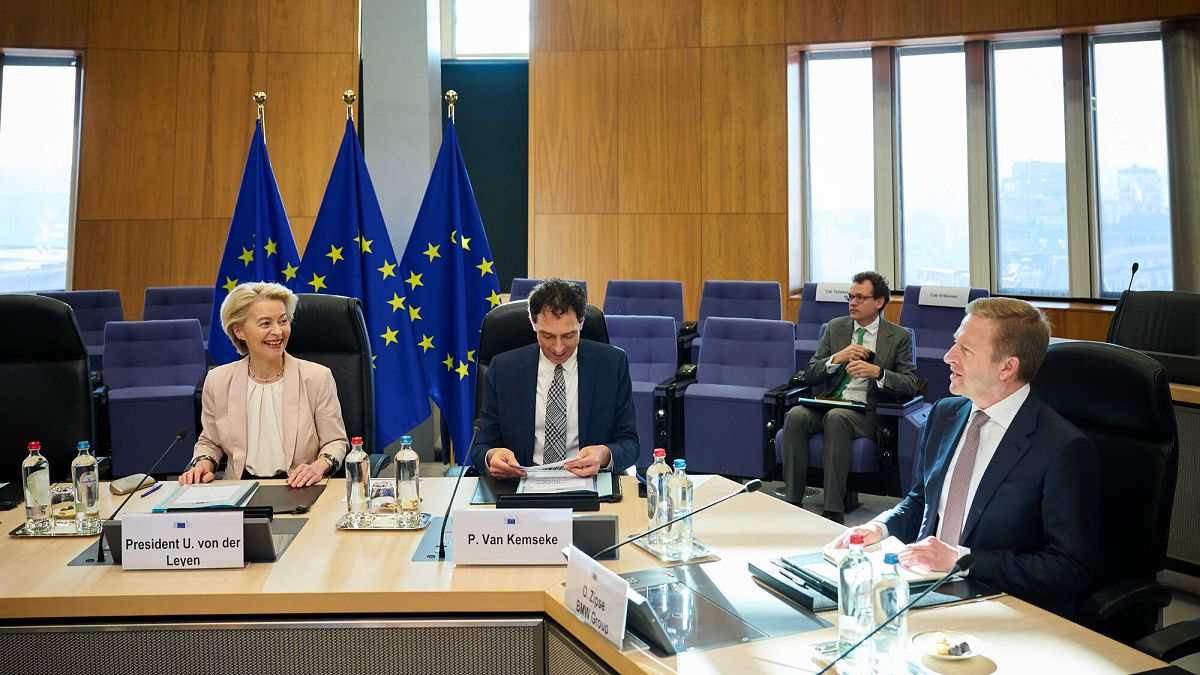
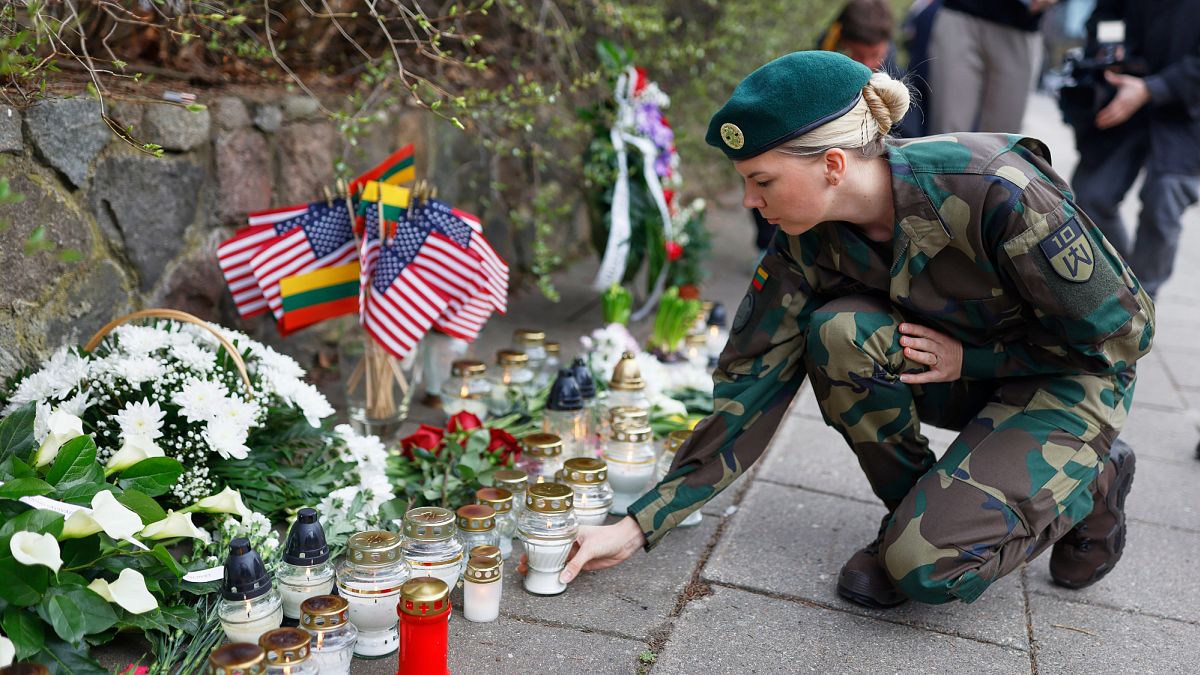
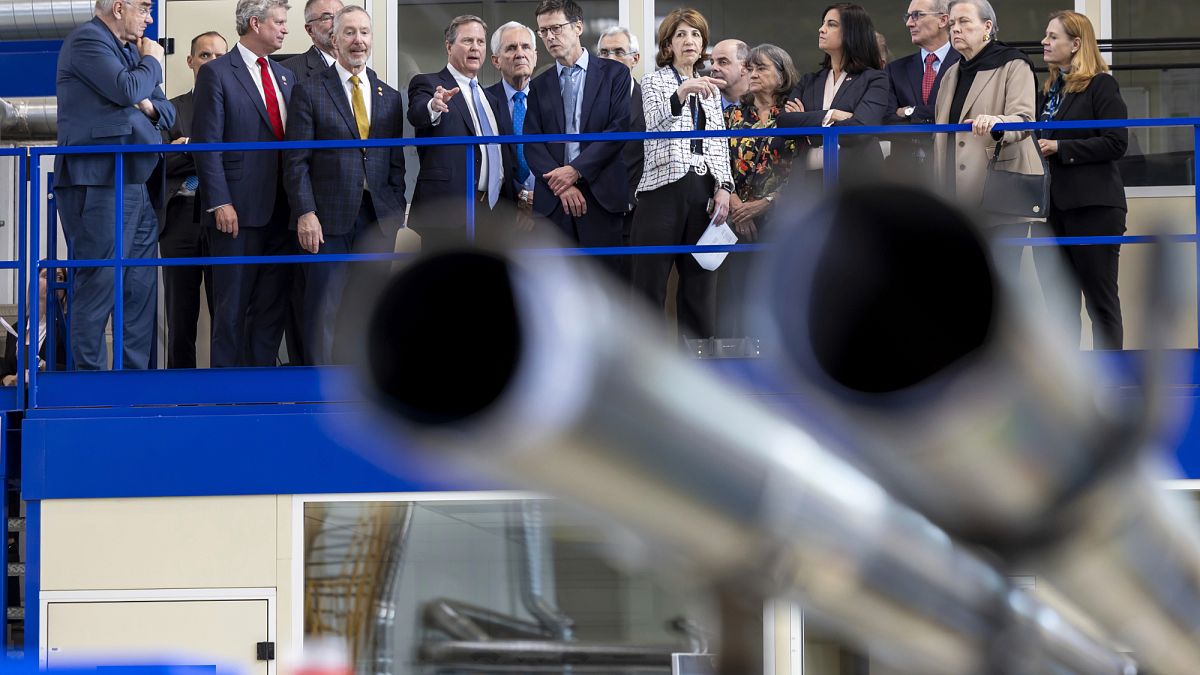
 We deliver critical software at unparalleled value and speed to help your business thrive
We deliver critical software at unparalleled value and speed to help your business thrive






 English (US) ·
English (US) ·